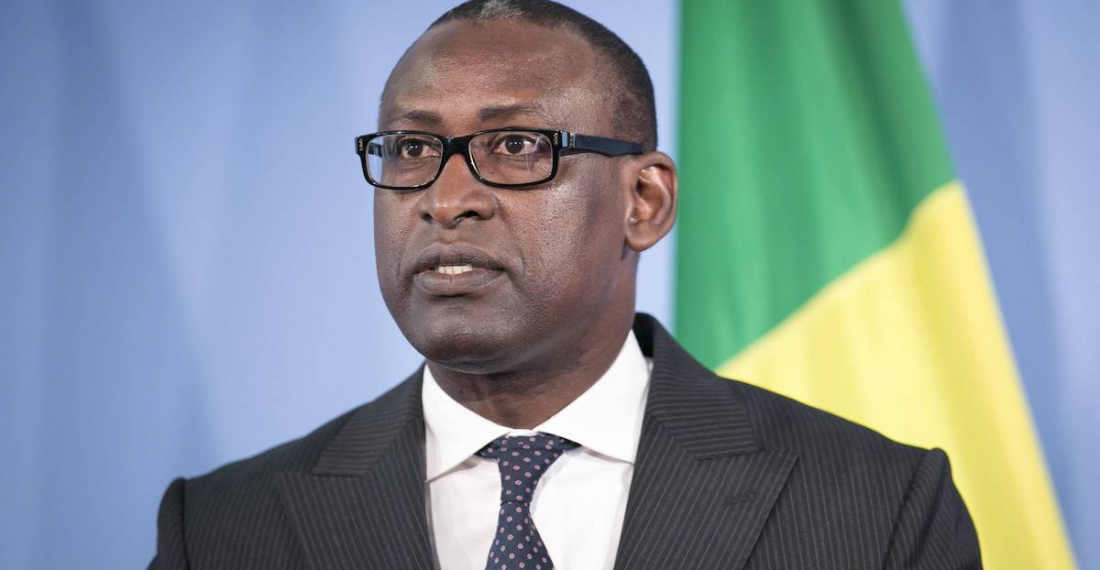On Monday (21 June), the Malian minister of foreign affairs and international co-operation, Abdoulaye Diop, asked the international community to take full account of the specific situation of Mali, which struggles to fight the multidimensional crisis that has plagued the country since 2012.
“Our efforts must be focused on making the Transition a success. A lifting of the suspension measures and a constructive engagement with the authorities of the Transition and all Malian actors will greatly contribute to this”, Diop told the ambassadors and representatives of international organisations accredited to Mali.
Following the arrest of Mali’s transitional leaders, led by now-president Assimi Goïta on 24 May – labelled by many as a coup – the country has faced severe backlash, from its suspension from regional organisations to the threat of sanctions from the EU. In addition, French President Emmanuel Macron has since announced the end of the French Barkhane Operation, which began almost 7 years ago to tackle radicalisation in the Sahel.
According to Diop, Mali needs the international community’s solidarity to regain its stability, whereas sanctions only further weaken his country and expose the Sahel region. In this context, he pleaded for the understanding of the international community and a more realistic and pragmatic reading of the coup of 24 May 2021.
Diop reaffirmed the unwavering will of the authorities of the Transition to respect all the commitments made: namely, the organisation of credible and transparent elections at the scheduled deadlines; the intelligent and efficient implementation of the Agreement for Peace and Reconciliation; the implementation of institutional reforms in order to endow the country with credible governance structures; and finally, improved security to allow the administration to return to the entire territory.
The foreign minister also referred to the last Economic Community of West African States (ECOWAS) summit held on 19 June, where a "positive development" of the situation of Mali was noted with the appointment of a civilian prime minister in accordance with the decision of the organisation's heads of state. Nonetheless, Mali's suspension from ECOWAS remains.
Diop also mentioned being “very comforted by the responses received from the diplomatic corps who indicated that they are all there with Mali, are ready to accompany Mali” and was glad they understand the difficulties the country is facing. He added that the diplomats wish that the commitments made will be respected, and that actions that go in this direction will be taken by the government.
The dean of the diplomatic corps, the ambassador of the Kingdom of Morocco to Mali, Hassan Naciri, said that the international community has never abandoned Mali.
Moreover, Bart Ouvry, ambassador of the European Union (EU) in Mali, indicated that it is very important to maintain their support for the Transition because they recognise Mali’s central place in the stabilisation of the whole Sahel and West Africa.







